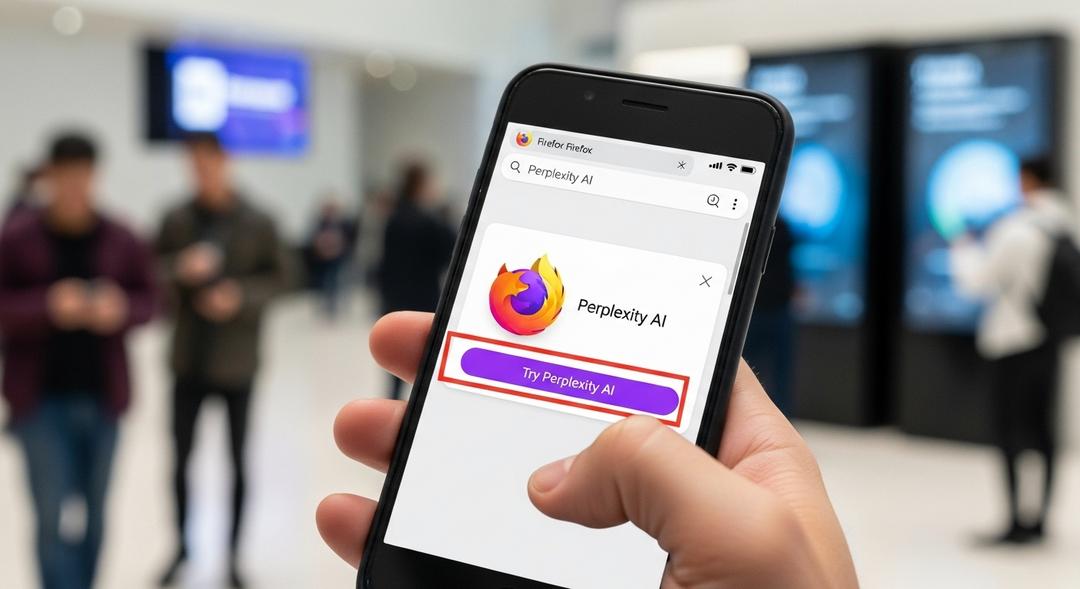Programmers everywhere have been swift to embrace artificial intelligence for help with coding, but a brand new study suggests that these shiny new tools might not make code fly as fast as we expected.
A nonprofit research group tracked a select group of experienced programmers as they worked on extensive open source projects.
Surprisingly, even though these developers genuinely thought AI tools made them work twenty percent faster, the reality was very different. The actual data showed a slowdown, with programmers taking nineteen percent more time to get through their tasks.
Fascination with natural language programming has swept through the tech community for decades. The idea is simple: you might one day ask a computer to build a program just by talking to it in plain English.
Last year, AI expert Andrej Karpathy famously declared, “The hottest new programming language is English,” after seeing large language models churn out impressive code snippets. He even dubbed the trend “vibe coding,” describing a future where developers toss vague instructions to an algorithm and watch software grow.
On paper, the appeal makes sense. New products and prototypes grab headlines, but the real grind in most companies is fixing and maintaining gigantic old systems. Anything that could make dull maintenance work easier would save effort and money.
When AI Becomes an Unexpected Roadblock
This is exactly where the new research encountered trouble. For these seasoned professionals, AI tools caused more frustration than help.
The source of the slowdown was clear: programmers felt uneasy about the reliability of AI generated code. They often spent much more time double checking and revising the machine’s work.
As one developer explained, he “wasted at least an hour first trying to [solve a specific issue] with AI” before giving up and scrapping the changes to finish the job himself. Seconds and minutes added up, and optimism turned into caution.
The study itself was limited, with just sixteen participants completing over two hundred specific tasks. Still, it raises sharp questions about how quickly these tools really change the day to day experience of programmers—especially on big, messy, real world projects.
Researchers warn that this snapshot may become outdated quickly as the technology evolves. Still, the study’s authors are wary of taking self reported productivity at face value, insisting we are not always the best judges of our own output.
The broader tech community is divided over what all this means for the industry. Simon Willison, a prominent AI developer, likened reactions to overhyped panic, writing, “Quitting programming as a career right now because of LLMs would be like quitting carpentry as a career thanks to the invention of the table saw.”
But veteran Tom Coates replied, “It could be like quitting agriculture as a career thanks to the invention of tractors and combine harvesters instead.” To see how tools like Copilot are priced and packaged, you can check the GitHub Copilot premium pricing details.








